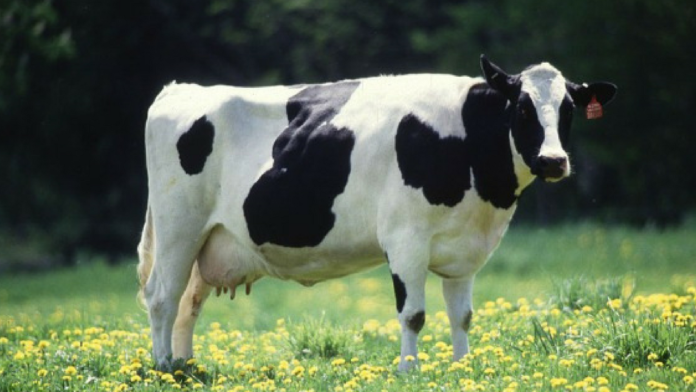GALESVILLE, Wis. – After a five-year legal battle with Xcel Energy, a dairy farmer in Western Wisconsin could be awarded up to $13.5 million for damages from stray voltage.
Paul Halderson owns Arctic View Farms, a dairy farm in Galesville, Wisconsin, less than 20 miles east of Winona, Minnesota. For over a decade, Halderson’s herd of nearly 1,000 cows struggled with health problems and decreased milk production because of stray voltage from Xcel Energy’s improperly grounded power lines.
According to the lawsuit, Northern States Power Company, a subsidiary of Xcel Energy, failed to report excessive voltage in one of Halderson’s barns in 1996. It was not until Halderson hired a consultant in 2011 that the high levels of electricity coming from the utility’s distribution system were identified and reported. In a statement released by his attorney, Halderson said after identifying the problem the change was “night and day” with increased milk production, higher reproduction rates, and overall healthier cows.
“It’s like night and day,” Halderson said. “When we had stray voltage, we could never get the production we wanted and the cows were struggling with health problems. Now it seems effortless. Production is way up and the cows are doing great.”
If power lines are not properly grounded, electric currents can leak from neutral wires in the ground to produce stray voltage. When coming in contact with a grounded object, like a stock tank, livestock can receive small shocks from the stray voltage. This can discourage drinking and eating, leading to stress and health problems. It can also lead to a decrease in milk production.
According to the La Crosse Tribune, Xcel Energy denies faulty power lines, saying Halderson’s lawsuit “teeters on the false premise that their herd should have produced milk at levels exceeding state and local averages.”
A Trempealeau County jury sided with the farmer, calling Xcel Energy negligent and awarding Halderson $4.5 million. However, based on the jury finding a willful, wanton, or reckless violation of statutes, the court may be required to triple the award, giving the farmer $13.5 million overall.


















